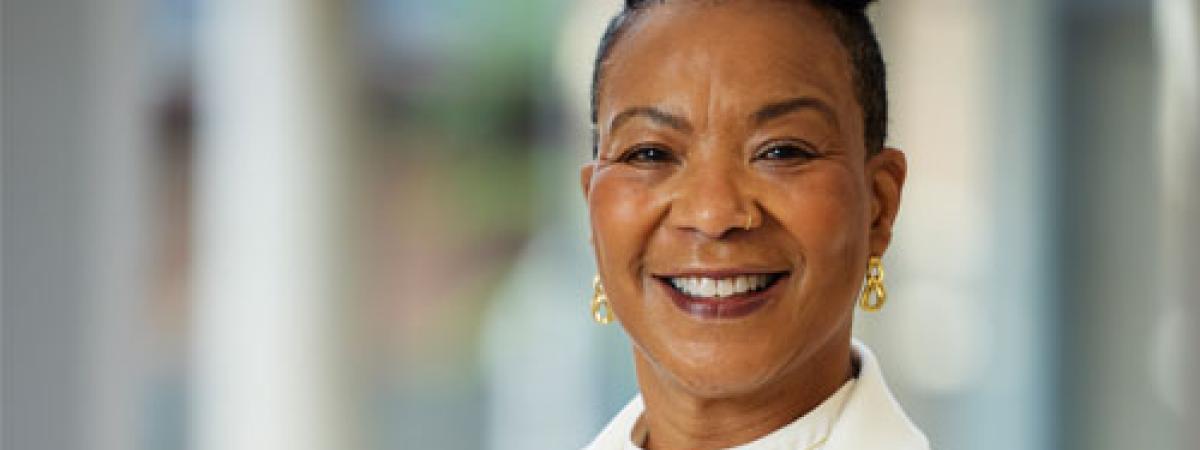In honor of Black History Month, we spoke with some of our Black faculty members to find out what the month means to them and how they plan on observing it.
Adrianne M. Fletcher, associate dean for equity and belonging, has been a practicing social work professional for the past two decades with work experience in child welfare, foster care, psychotherapy, Indian child welfare, court-appointed special advocates and veterans. Her research focus is on the influence of implicit attitude on decision-making within the child welfare system and the phenomena of disproportionality.
Fletcher joined the Mandel School faculty in 2017 and was the school’s inaugural assistant dean of diversity and inclusion, working across the school and university to provide strategic and collaborative leadership to meet the DEI needs of our faculty, staff and students. She spent last year on a leave of absence serving as the Supreme Court of Ohio’s first diversity, equity and inclusion director. In her government role, she identified ways the court could better mirror the state’s diverse demographics and better understand the access that’s needed for people with disabilities or language barriers.
What does Black History Month mean to you?
It's an opportunity to look back in order to remember what should never be forgotten. Black History Month is an opportunity to do better.
Is there an event, moment or individual in Black history that has influenced you personally or professionally?
The execution of 14-year-old George Stinney is one of the most painful parts of our penal history, which involves children, law enforcement, solitary confinement, children's rights, parental rights, incarceration, the death penalty, anti-blackness, cohesion, etc.
What role should educational institutions play in ensuring Black history and culture are integrated throughout the curriculum?
Education should not be involved in the erasure of Black history or any other piece of history. Educational institutions should be involved in truth telling.
How do you plan on observing Black History Month?
If things weren't so busy right now I'd like to slow down and take in a new book, specifically Too Heavy a Yoke: Black Women and the Burden of Strength, or a play at Karamu House, such as The Breakfast at the Bookstore.
Share any upcoming talks, events or projects.
None at this time... the world is spinning too fast! 💫
See how the Mandel School is celebrating Black History Month





